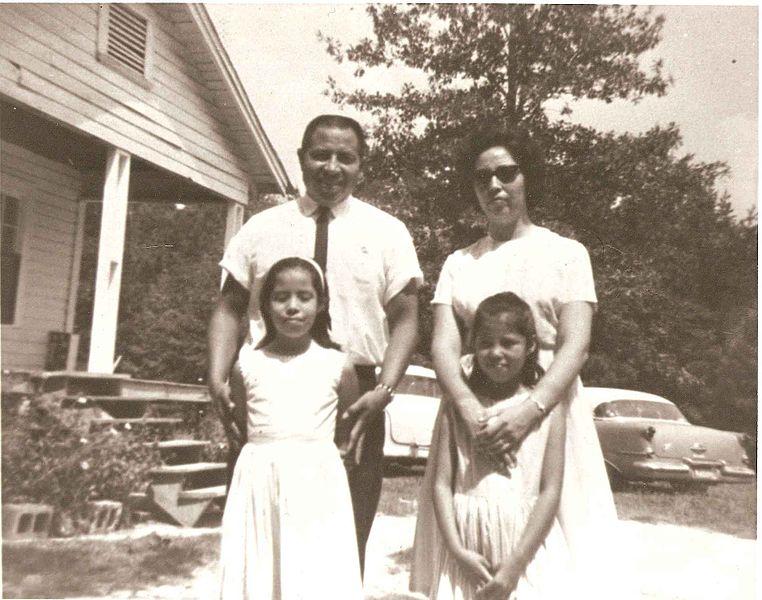Money Doesn't Buy Well-Being
Government can take from the rich and give to the poor, but it cannot instill the self-discipline, perseverance, and personal responsibility that are keys to success and independence.

It’s too bad money does not buy well-being, because if it did, child development would be easily improved: income redistribution would solve the problem. But it doesn’t.
The National Institutes of Health, along with support from private foundations, raised $22 million to do a landmark four-year study of the poor. They recruited 1,000 poor mothers with newborns from across the country, 80 percent of whom were black or Hispanic, and most were unmarried. They split them into two groups: one was given $333 a month; the other was given $20.
The six researchers studied seven measures of well-being. They were astonished to learn that there was no difference between the two groups. Children in families in the high-cash group did no better on vocabulary tests, executive function, pre-literacy skills or spatial perception. Nor were they more likely to avoid behavioral problems.
One of the researchers, an economist, said, “I was surprised—we were all very surprised. The money did not make a difference.”
These social scientists were following the same logic that educator Richard H. de Lone expounded in the 1970s. He looked at test scores and observed that they were correlated with income levels—those in the higher income brackets did better in school than those in the lower brackets. He concluded that social inequality explains why some students do better than others. The six researchers shared the same mindset.
Their thinking is flawed. Students from middle class and upper class families do not do better in school because their parents enjoy an affluent lifestyle. They do better because they come from intact families and are more likely to be imbued with virtues that make for success.
Money is not the driver of success: it is an outcome of it. The driver is a set of virtues that generate success, both in school and in the workplace.
In my 2023 book, War on Virtue: How the Ruling Class is Killing the American Dream, I studied four demographic groups that excel in school and in the workplace: Asians, Jews, Mormons and Nigerians. They had nothing in common in terms of race, ethnicity and religion, but they did have a lot in common in terms of the values they instilled in their children.
There are three virtues, what I call the “vital virtues,” without which success cannot be achieved: self-discipline, personal responsibility and perseverance. The four groups I examined showcase these virtues at home. Moreover, their children are raised in two-parent families.
Race is not the key to success, anymore than money is. Families matter the most. There is a mountain of evidence that shows that children from two-parent families do better on all measures of well-being than children in one-parent families.
The six researchers were blown away by the results of their social experiment because they saw income as a cause of success, rather than an outcome of it. They also neglected the role that two-parent families and the “vital virtues” play in accounting for success.
Were they not so ideologically myopic, they would understand that things like doing homework matter much more than money in accounting for academic achievement.
Scholars at the Brookings Institute studied the results of a big survey of full-time high school students, and found that Asian students spent the most time on homework, followed by whites, Hispanics and blacks. Students from low-income families spent considerably less time on homework than those in the upper brackets.
Doing homework requires self-discipline, an attribute that those who focus on income inequality tend to ignore. Asians, for lots of reasons, imbue in their children a heady dose of self-control, thus enhancing their chances for success. Character formation is critical, and it is much easier to do in two-parent families.
The government can take from the rich and give to the poor. Playing Robin Hood is easy. What it cannot do is mandate self-discipline, personal responsibility and perseverance. That has to come from the parents, and that is something which is much harder to do in one-parent households.
Therefore, public policy should be oriented toward strengthening two parent families, and not pretending that all family structures are equal. They are not. Asians, Jews, Mormons and Nigerians are a role model for everyone
William Donahue PhD is president of The Catholic League for Religious and Civic Rights.